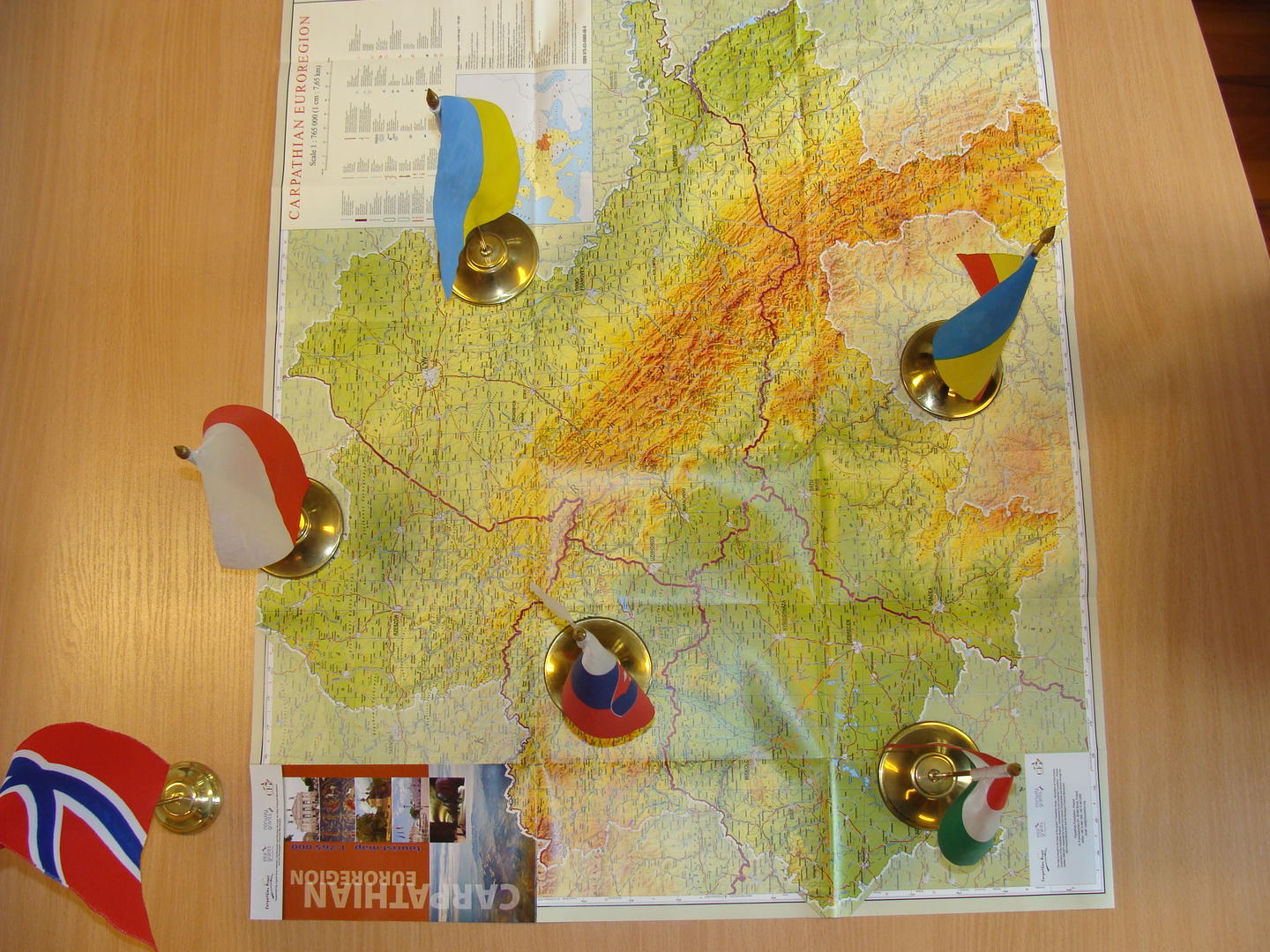Third country partners are involved both in individual projects and through projects under the funds and programmes. The activity of Szeged Centre for Security Policy in South-Eastern Hungary is one example of how entities from neighbouring countries outside of the EEA are brought into EEA and Norway Grants projects. Supported by a €0.45 million grant from Norway, the centre provides training courses for representatives for civil society and professional organisations, social partners and local authorities from the region. Some 400 participants from Hungary and non-EEA states Ukraine, Serbia, Montenegro, the former Yugoslav Republic of Macedonia, Albania and Bosnia are involved in a total of 16 training courses.
The centre works to promote a stable and peaceful democratic development of the historically volatile region, offering courses on EU regionalism and institutional reforms, and the role of NGOs in the promotion of democracy and regional security. The training programme offers excellent opportunities for participants to network and establish contacts, contributing to the goal of increased regional and cross-border cooperation.
15 projects with Norwegian partners
Norwegian actors are involved in a total of 15 projects in the regional and cross-border sector, meaning that more than a quarter of all projects have a Norwegian partner. Poland, receiving the largest share of the funding to the sector, also has the highest number of partnership projects. 6 Polish projects, ranging from research to environment to cultural projects, have Norwegian partners involved in various functions. Among these, a project in which the Polish Packaging Research and Development Centre cooperates with partners Østfold Research Foundation and the Norwegian Packaging Association to develop a packaging database system is already well underway with implementation.
In Latvia, a country where funding to this sector comprises a considerable share of the total support, a project with the aim of strengthening regional development research efforts is in its beginning stages. In close cooperation with policymakers, a conglomerate of research institutions will work towards promoting a balanced territorial development. The Norwegian Institute for Urban and Regional Research (NIBR) is an integrated part of the research network.
